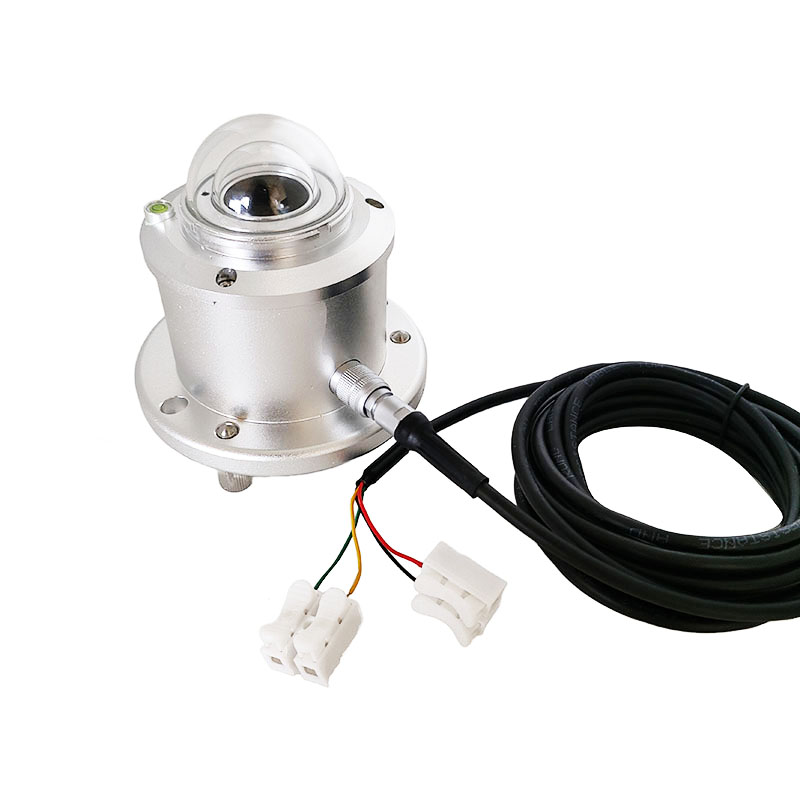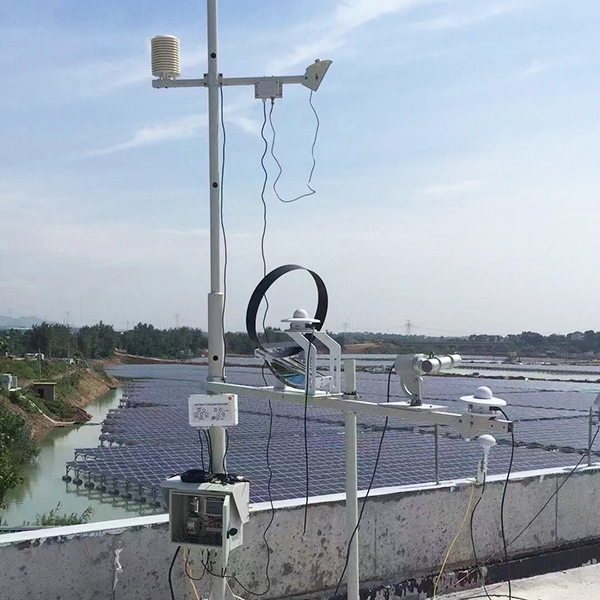In today’s era of rapid development of science and technology, solar radiation sensor, as an efficient and accurate monitoring tool, is showing its indispensable importance in various fields. Especially in the aspects of smart agriculture, climate monitoring and sustainable development, the application potential of solar radiation sensors is huge, and it is worth our in-depth discussion and promotion.
The working principle of solar radiation sensor
Solar radiation sensor is a kind of instrument specially used to measure the intensity of solar radiation, which converts the received solar light energy into electrical signals through the photoelectric effect, so as to accurately measure the intensity of solar radiation. These sensors typically have the following characteristics:
High precision: It can work stably under different climatic conditions, providing real-time and accurate solar radiation data.
Wide applicability: suitable for agriculture, meteorology, environmental monitoring and other fields.
Data acquisition and transmission: Many modern sensors support wireless data transmission for remote monitoring and data analysis.
Application of solar radiation sensor in smart agriculture
In the field of agriculture, solar radiation sensors provide important data support for crop growth and management. By monitoring the intensity of solar radiation in real time, farmers can:
Optimize irrigation systems: Understand the water requirements of different crops under different solar radiation conditions, and develop more scientific irrigation plans to improve the efficiency of water use.
Improve the fertilization program: Adjust the fertilization time and type according to the light intensity, help the healthy growth of crops, improve the yield and quality.
Precision agriculture: achieve precise fertilization and spraying, reduce the use of pesticides and fertilizers, and reduce environmental pollution.
The importance of solar radiation sensors in climate monitoring
With the increasing problem of global climate change, accurate climate monitoring is particularly important. Solar radiation sensors play a vital role in climate research. The specific performance is as follows:
Data support: Provides long-term solar radiation data to help scientists analyze climate change trends.
Support the development of renewable energy: Provide the necessary data support for solar power generation systems to promote the promotion and use of green energy.
Impact analysis: Study the influence of solar radiation on temperature, humidity and other meteorological factors to improve the accuracy of weather forecasting.
Conclusion
Solar radiation sensors have great potential in various fields, not only to help agriculture improve productivity, but also to provide reliable data support for climate monitoring and the development of renewable energy. With the continuous progress of technology, the future application of solar radiation sensors will be more extensive and become an important tool to promote sustainable development.
We sincerely invite people from all walks of life to pay attention to and use solar radiation sensors, and jointly meet the bright future brought by science and technology!
For more weather sensor information,
please contact Honde Technology Co., LTD.
Tel: +86-15210548582
Email: info@hondetech.com
Company website: www.hondetechco.com
Post time: Mar-28-2025



